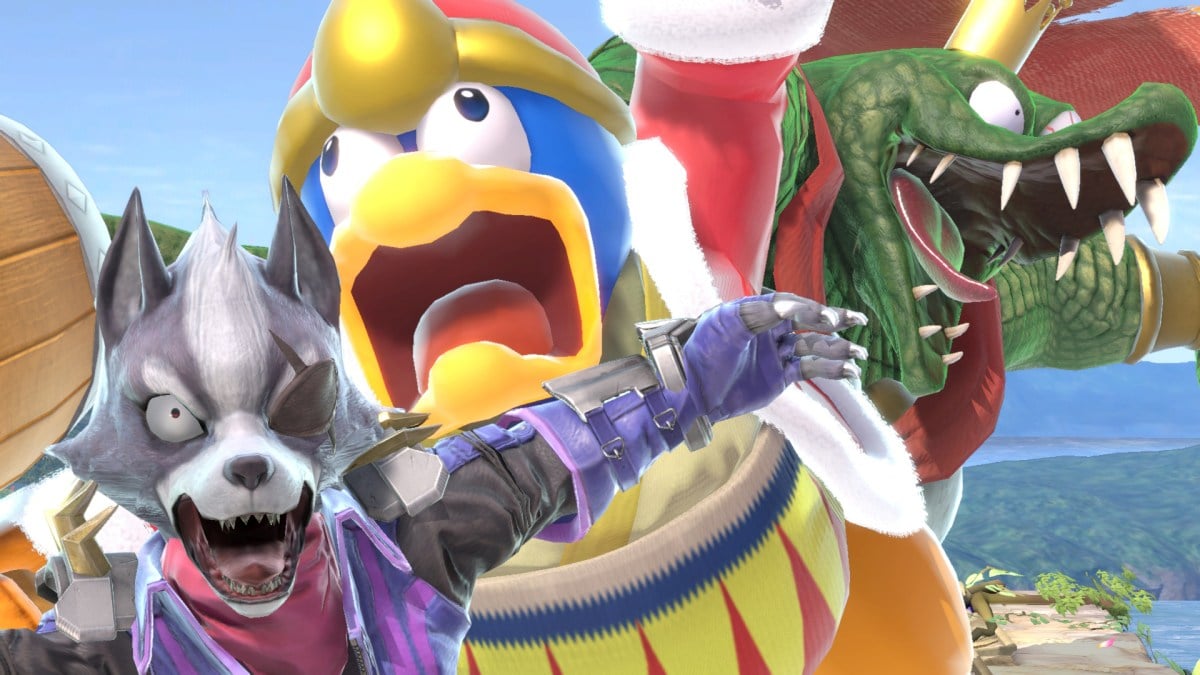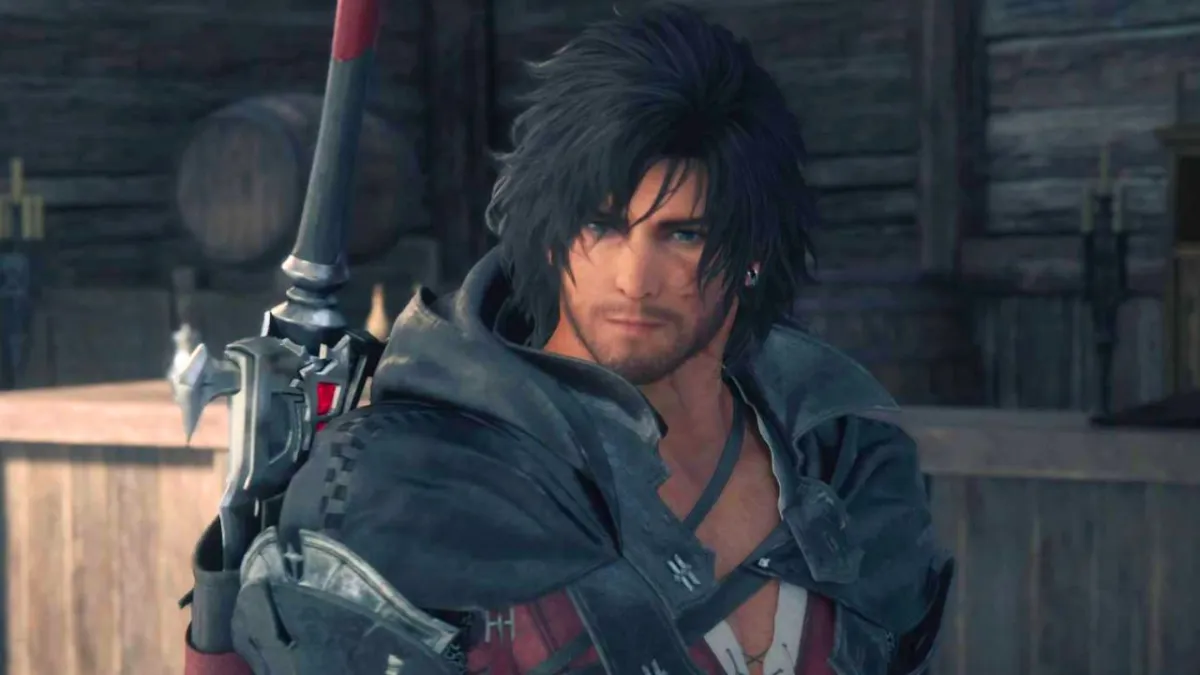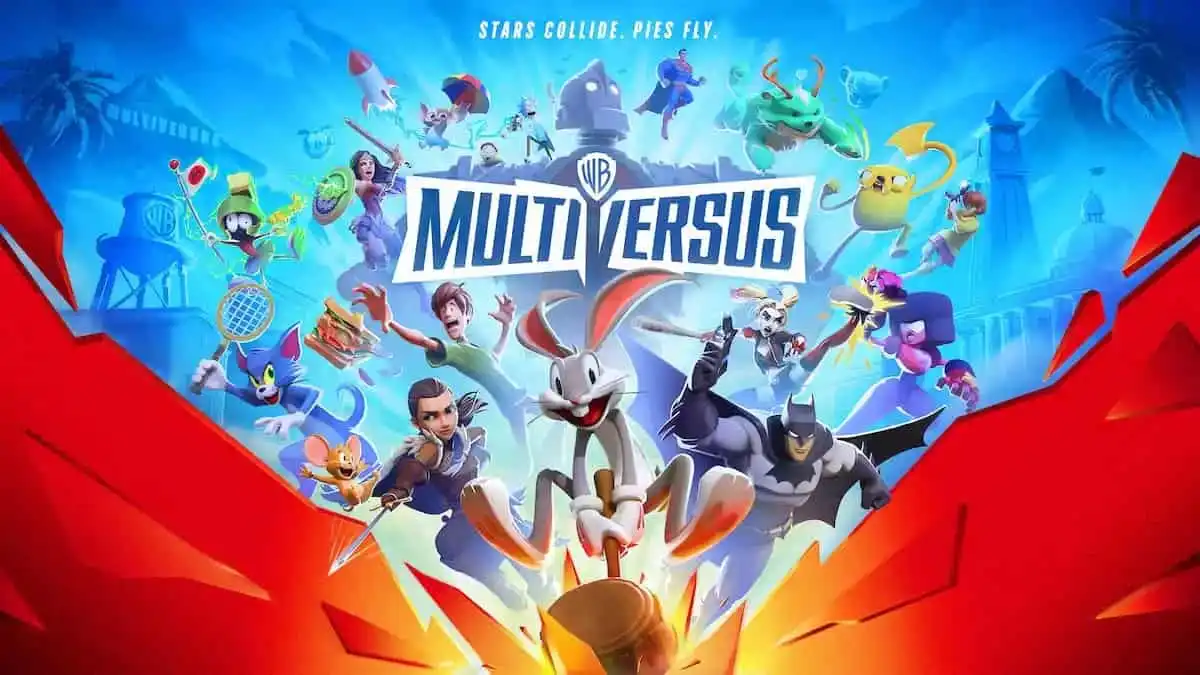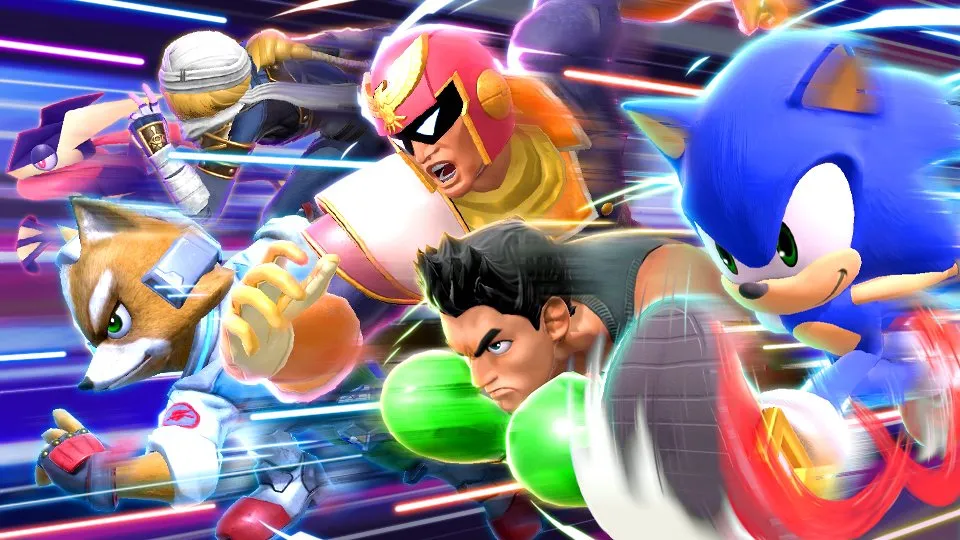Nintendo has released a major update to its Community Tournament Guidelines that will impose dozens of new limitations on events for all of its games—and the players in those communities are responding in confusion and outrage.
Almost exactly a year after Panda Cup, an officially licensed tournament series for Super Smash Bros., fell apart at the seams due to a number of reasons, Nintendo has dropped a major bomb on all of its communities that have any form of competitive scene. These new guidelines for tournaments will essentially force any major event to get a license from Nintendo before operating or face the outrageous limitations that are being implemented.
Like a slap to the face of every fan who attends tournaments, Nintendo starts this destructive update by thanking people for “sharing your passion for Nintendo’s games, characters, and worlds” and reiterating that the company “cares about the community.” What follows is eight different sections of guidelines that could spell the end of several events and large-scale competitions.
According to Nintendo’s new rules, which have slight variations between regions and have only been shared for Japan and Europe at this time, tournaments can no longer feature most sponsors, use any content or accessories not licensed by Nintendo, or involve “anything that Nintendo deems inappropriate.” There are also strict limitations on monetary gain under these new guidelines, capping registration fees at around $25 and total prizing for certain events at $5,000—though that is subject to regional changes, as it appears Japan’s new guidelines prohibit any cash prize.
There is also mention that TOs need to get separate permission to use IP from third-party companies featured in Nintendo games, which could lead to some very odd circumstances in titles like Smash Ultimate, which features several characters outside of Nintendo’s catalog.
Player numbers for offline tournaments will be limited to a max of 200 players, while online events can feature 300 players. Any event that wants to operate outside of these listed guidelines, including scholastic or charity tournaments, will need to “make a separate application to Nintendo to obtain permission.”
Using the lens of a game like Smash Melee, these guidelines essentially target the use of the community-created online support hub, Slippi, and any controllers that aren’t compatible with the game while also being officially licensed by Nintendo. The new guidelines could also completely kill off a tournament series like Coinbox, which has been supporting the competitive scene for almost two years with weekly events and cash prizes.
As expected of a drastic announcement like this that will affect multiple communities, players have responded with immediate and intense backlash to Nintendo’s updated guidelines.
Most players are pointing out Nintendo’s clear lack of care for the scene itself or calling this just another attempt to put handcuffs on Smash as a whole. This includes wondering how some events will still be capable of flying out commentators, the negative impact this could have on smaller tournaments, and just a general concern for how Melee will be affected under these restrictions.
To be clear, this change should not impact most Major tournaments as long as they have already received or worked to get a Nintendo license for operation. It will, however, limit the ways smaller events will be able to function and is a clear warning to unlicensed TOs operating bigger tournaments that Nintendo is fully capable of shutting them down—which has happened several times in the past.
There is also a very high likelihood that online event series, such as Coinbox and other Melee-specific contests, will be negatively impacted or targeted for takedowns since they can’t obtain a license under these guidelines due to the use of Slippi.
This is reminiscent of a similar announcement from Capcom for its Community License Agreement for Street Fighter V, which received equal amounts of pushback last February. In that instance, the company backtracked less than 24 hours later and promised to amend its update to provide more clarity for the community and ensure nothing would negatively impact the players who love the game.
That applies to this instance too, as many players don’t think this is the end of the world, but are questioning Nintendo’s lack of transparency and calling on a similar approach where more details about the licensing process and what it entails are shared publicly.
The real backlash to Nintendo’s announcement will come in the following days once the specifics of these guidelines are laid out for every region and players, along with TOs, have time to digest what this will truly mean for their communities. And if Nintendo does not respond at all, these new regulations will go into effect on Nov. 15 with no additional input.







Published: Oct 24, 2023 01:44 pm